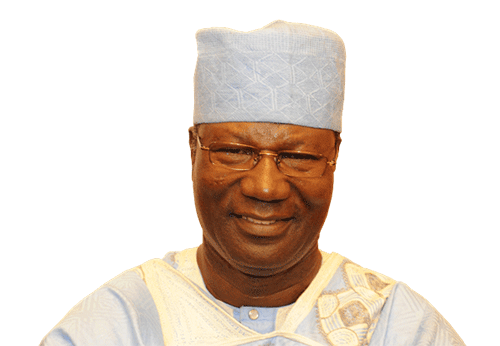Dr Moses Amweelo
For many, the image of a farmer tending his or her crops and cattle, with a backdrop of rolling fields and a weathered but sturdy barn in the distance, is still what comes to mind when considering a question that is not asked nearly as often as it should be: Where does our food come from? However, this picture can no longer be relied upon to depict the modern, industrial food system, which has already dominated food production in the Global North, and is expanding in the Global South as well.
Due to the corporate take-over of food production, the small farmer running a family farm is rapidly giving way to the larger-scale, factory farm model. This is particularly prevalent in the livestock industry, where thousands, sometimes millions, of animals are raised in inhumane, unsanitary conditions.
These operations, along with the resources needed to grow the grain and oil meals (principally soybeans and corn) to feed these animals place intense pressure on the environment. This is affecting some of the world’s most vulnerable ecosystems and human communities. The burdens created by the spread of industrialised animal agriculture are wide and varied – crossing ecological, social, and ethical spheres. These are compounded by a lack of public awareness and policymakers’ resistance to seeking sustainable solutions, particularly given the influence of the global corporations that are steadily exerting greater control over the world’s food systems and what ends up on people’s plates. The Food and Agriculture Organisation (FAO) of the United States estimates that 18% of global greenhouse gas emissions can be attributed to the world’s livestock sector. Each year, more than 60 billion animals are raised for human consumption.
Meat and dairy production already use 30% of Earth’s land surface, 70% of agricultural land, and accounts for 8% of the water humans use, mostly to irrigate feed crops. The global livestock industry is, according to the FAO, “probably the largest sectoral source of water pollution,’’ and one of the key agents of deforestation. Some estimates project that the global production of meat will double by 2050, which could mean increasing the number of animals used each year in the food industry to 120 billion. This prediction has serious implications for the continued and escalating impacts that industrialised animal agriculture has on the earth.
Almost all of the growth in the production of livestock is occurring within the industrial system, not among small operations or local farms. This has created a notable geographic concentration of large-scale farming operations, resulting in a disconnect between the animals raised for food and the animal feed needed to support the industry. Animal feed is purchased internationally, the lowest cost being the highest priority, no matter the ecological impacts.
These include the clearing of land for crops and the use of fossil fuel-based and often toxic pesticides and fertilisers that pose risks to human health and wildlife populations. Increasing demand for grain and fish meals to sustain the growing global livestock population means that more of the planet’s surface will have to be converted to cropland to grow food for farmed animals, not people. In addition, “industrial agriculture and the cultivation of mono-crops for feed of fuel are eroding ecological processes that allow carbon to be stored in soils and not released into the atmosphere. As a result of the use of chemical fertilisers, intensive agriculture and animal monocultures produce important quantities of nitrous oxide, the third most significant greenhouse gas responsible for global warming,’’ according to a report by La Via Campesina. Deforestation as a result of the growth of industrial animal agriculture is a compound problem, reducing available habitat for wildlife, decreasing water quality in streams and rivers, lowering ecosystems’ resilience to the effects of climate change, and threatening the livelihoods and rights of indigenous peoples and other forest-dependent communities. Globally, agriculture is estimated to be directly responsible for 80% of deforestation.
The growth of large-scale cattle ranching is the primary driver of forest loss, threatening Indigenous communities, including communities living in voluntary isolation in the Amazon rainforest, the Gran Chaco, and other major forests. Over half of all life on Earth is found in tropical forests, which now cover only 7% of the world’s surface. This paints a grim picture for the future of Earth’s species, both human and animal. As the world transitions to this more industrial system of agriculture, food producers and food consumers are becoming socially and culturally disconnected from their land, from the natural world, and the food system itself.
Can this transition be sustainable?
And how do we ensure that traditional lifestyles are maintained to ensure global food security and prevent the loss of valuable cultures and societies? Indigenous communities have used the resources found near their homes to meet their basic needs for thousands of years. “Peasant” farmers all over the world have demonstrated that genuine sustainable agriculture is possible, and can contribute to cooling the planet. Now, people are moving away from traditional cultures, long-standing ways of life, and locally sourced sustenance in favour of increased consumption of meat and processed foods. Finally, genetically modified crops, relied upon in the industrial model of agriculture as they have large outputs and are resilient to many pests and weather conditions, pose largely unknown risks to human health.
*Dr Moses Amweelo is a former minister of works, transport and communication. He earned a doctorate in technical science, industrial engineering and management from the international academy (St. Petersburg, Russia).


